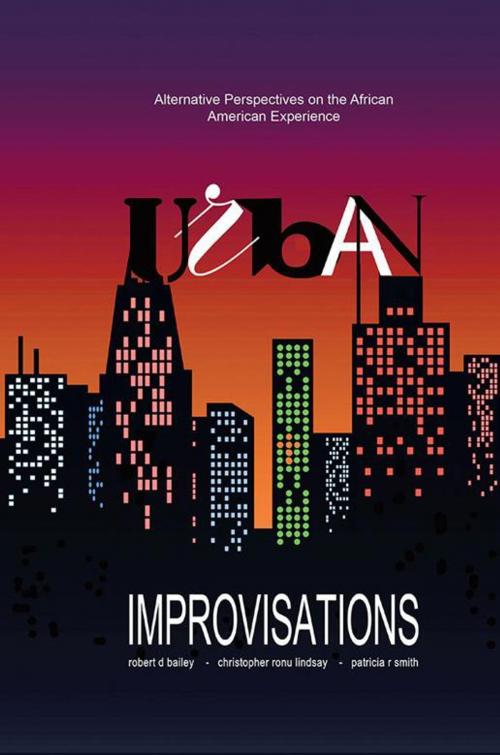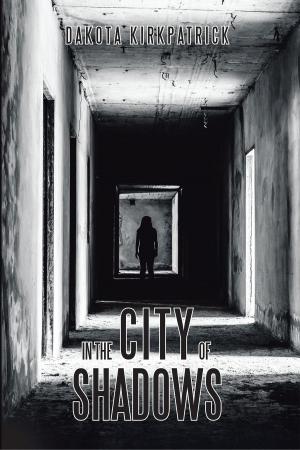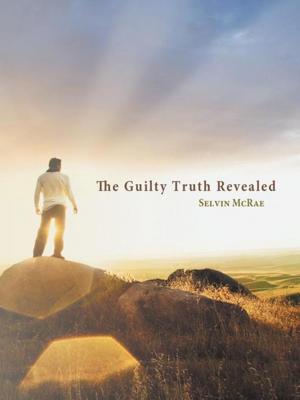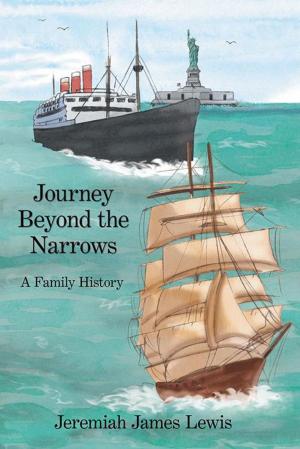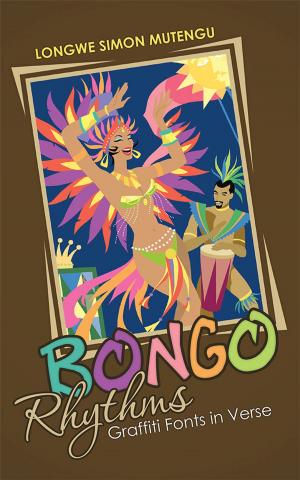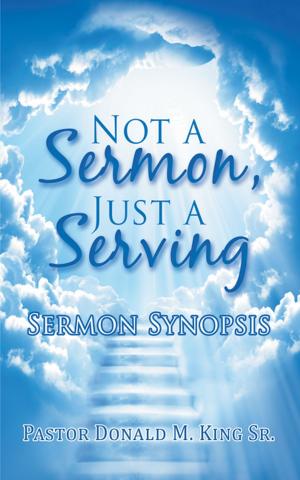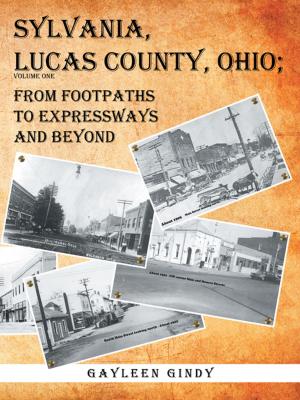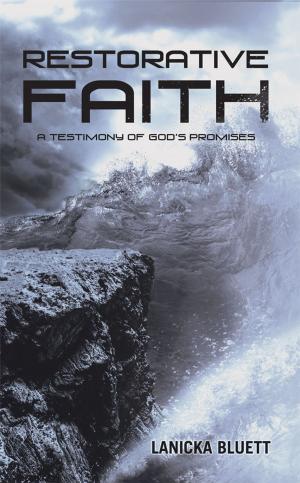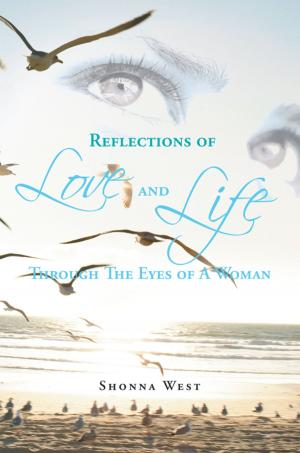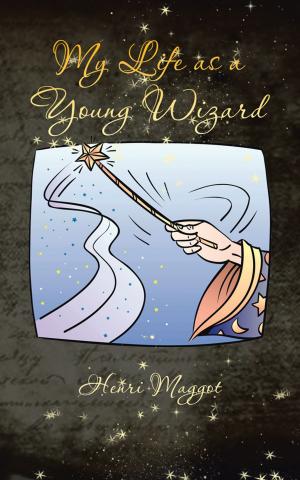Urban Improvisations
Alternative Perspectives on the African American Experience
Fiction & Literature, Poetry, American| Author: | Christopher Ronu Lindsay, Patricia R. Smith, Robert D. Bailey | ISBN: | 9781496916549 |
| Publisher: | AuthorHouse | Publication: | November 17, 2014 |
| Imprint: | AuthorHouse | Language: | English |
| Author: | Christopher Ronu Lindsay, Patricia R. Smith, Robert D. Bailey |
| ISBN: | 9781496916549 |
| Publisher: | AuthorHouse |
| Publication: | November 17, 2014 |
| Imprint: | AuthorHouse |
| Language: | English |
How do black men and women achieve intimacy in the club life? Can a vibrant, attractive black woman on the plus side find self-actualization? What does a line dance mean to black women when it is exploited to extreme limits? What does love between a Black man and a Black woman mean in postmodern America? How does a black man express affection to a black woman in a society that views all that is distinctly African American has pass all but the commercial use of the word Nigger? What does interracial relationship mean to lovers in competitive corporate America? What does the love of the ancestors mean to a drug addict? What mark does the history of sexual exploitation on leave on a young black couple seeking their own private little niche? These are the questions our writing explores. We write from the unique prospective of the social worker. Our profession requires us to intimately engage the struggles of men, women and children to overcome personal histories of abuse and neglect. Our fiction springs from our experiences of becoming one with the persons who still suffer under the legacy the middle passage to America.
How do black men and women achieve intimacy in the club life? Can a vibrant, attractive black woman on the plus side find self-actualization? What does a line dance mean to black women when it is exploited to extreme limits? What does love between a Black man and a Black woman mean in postmodern America? How does a black man express affection to a black woman in a society that views all that is distinctly African American has pass all but the commercial use of the word Nigger? What does interracial relationship mean to lovers in competitive corporate America? What does the love of the ancestors mean to a drug addict? What mark does the history of sexual exploitation on leave on a young black couple seeking their own private little niche? These are the questions our writing explores. We write from the unique prospective of the social worker. Our profession requires us to intimately engage the struggles of men, women and children to overcome personal histories of abuse and neglect. Our fiction springs from our experiences of becoming one with the persons who still suffer under the legacy the middle passage to America.
